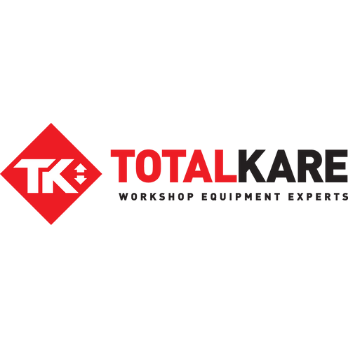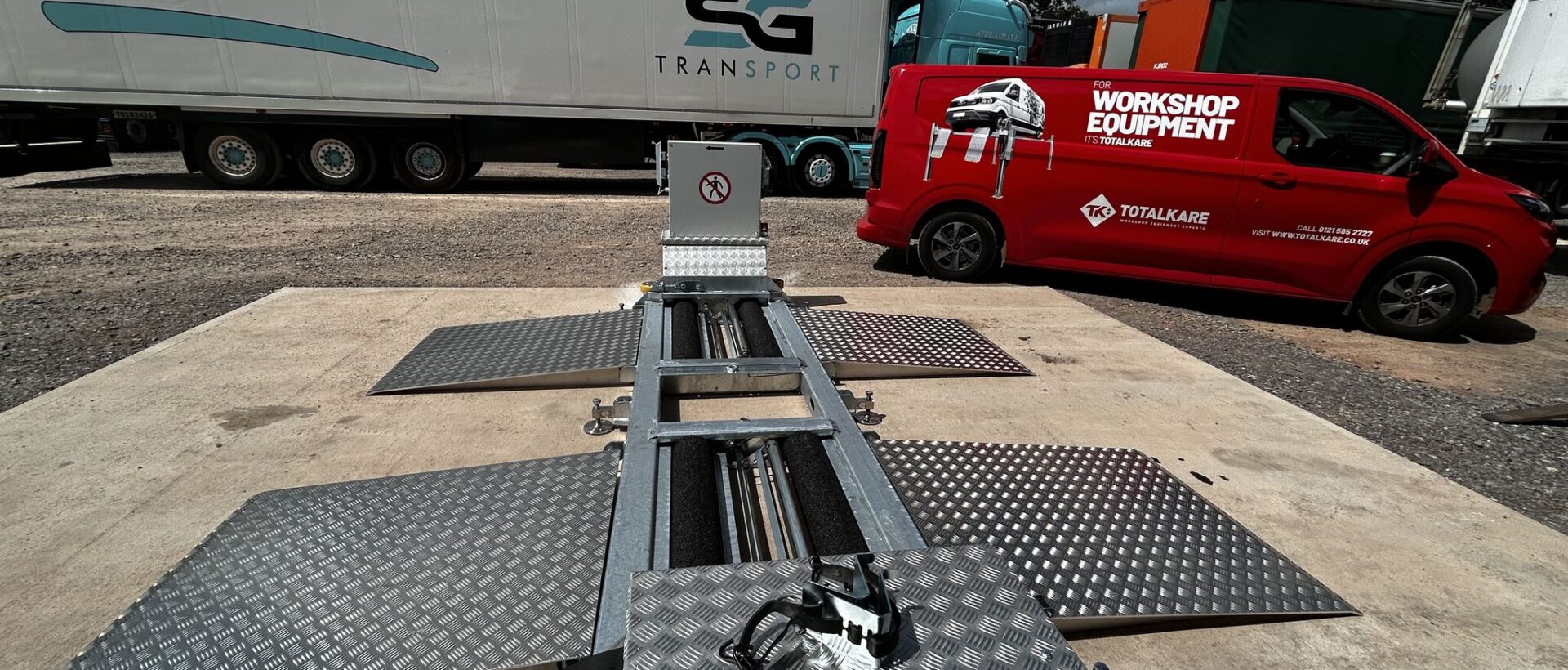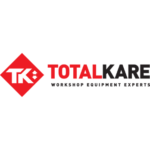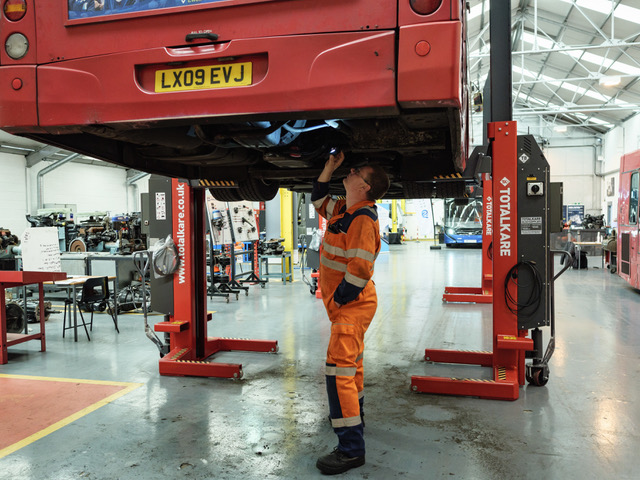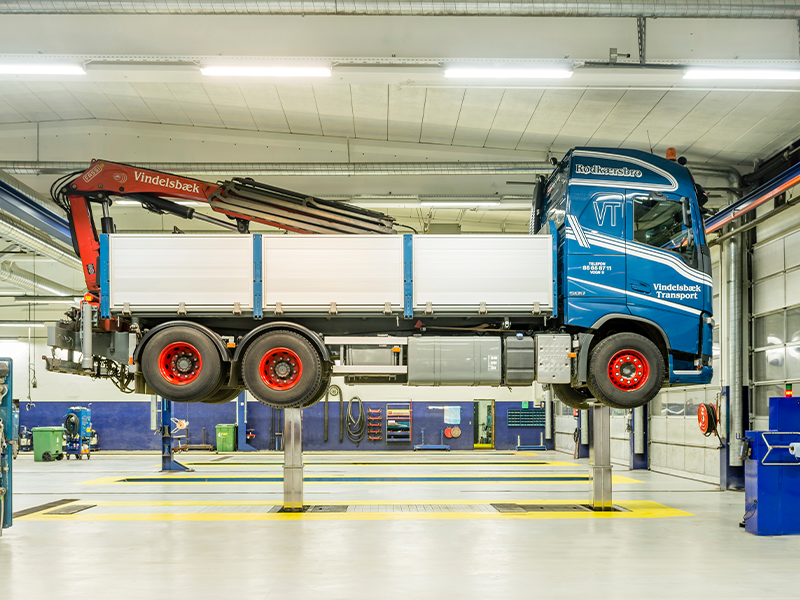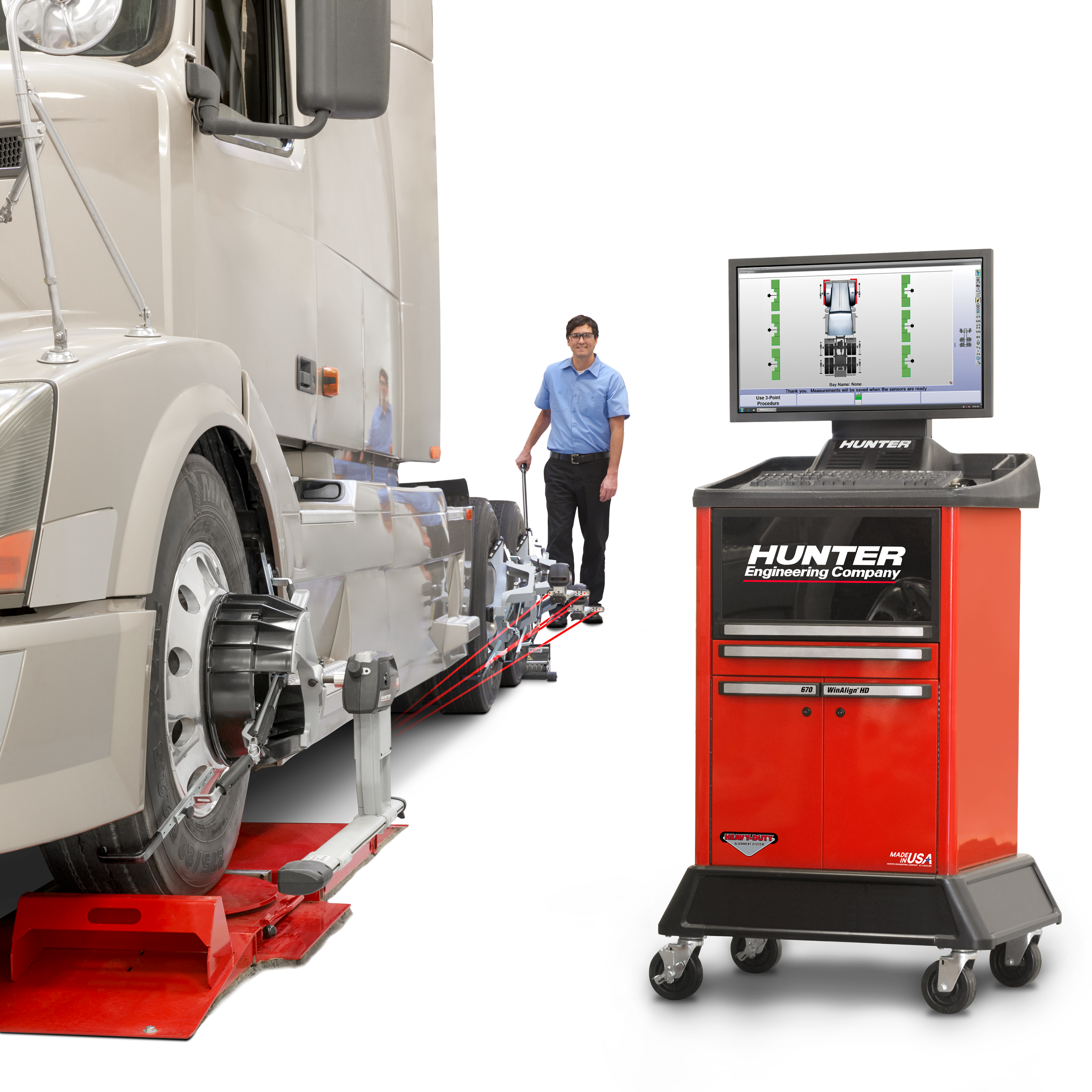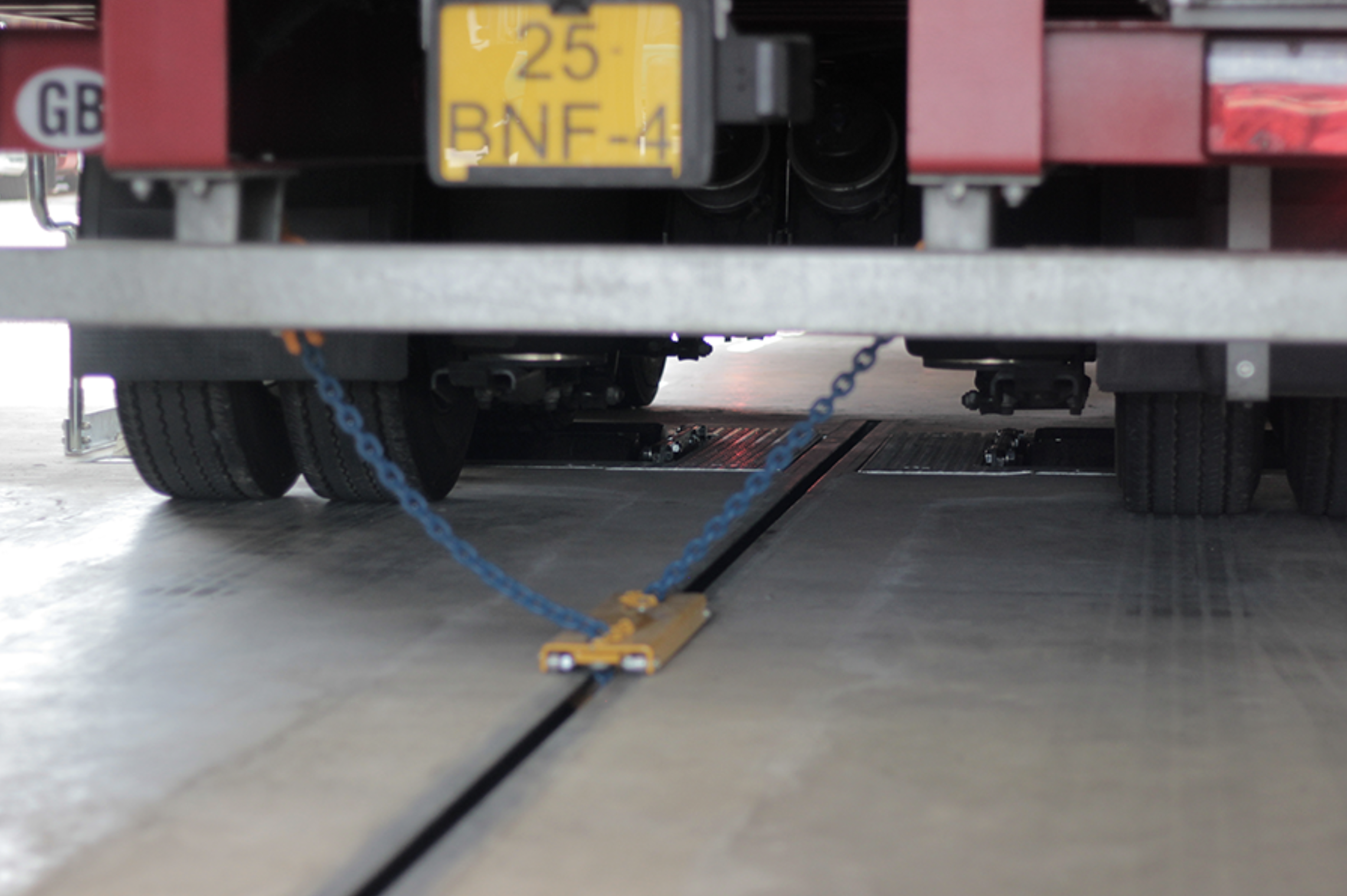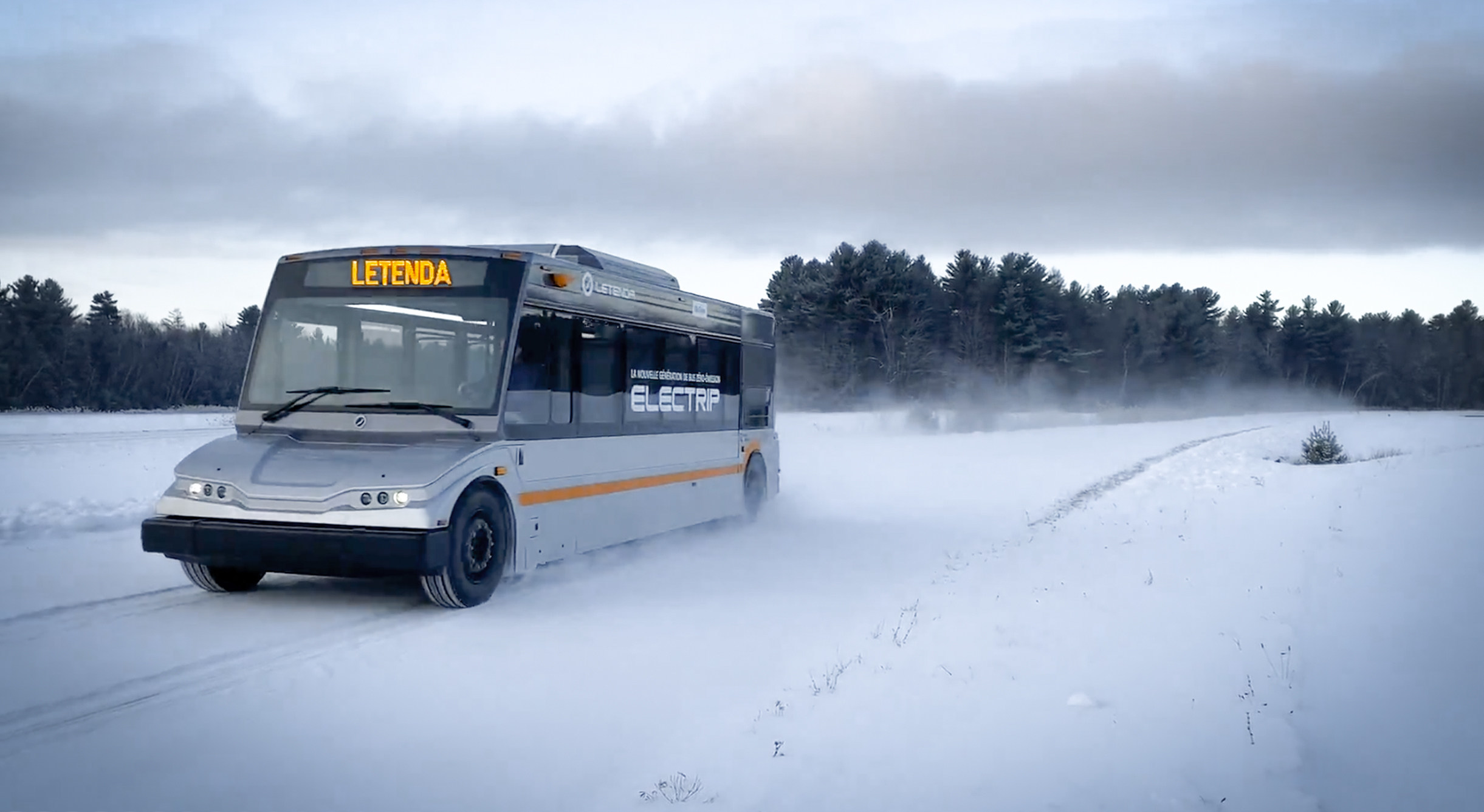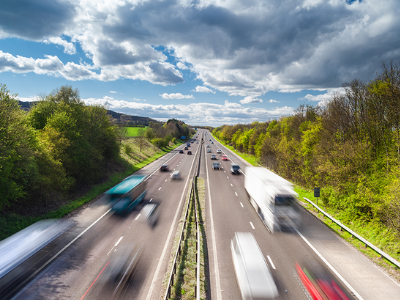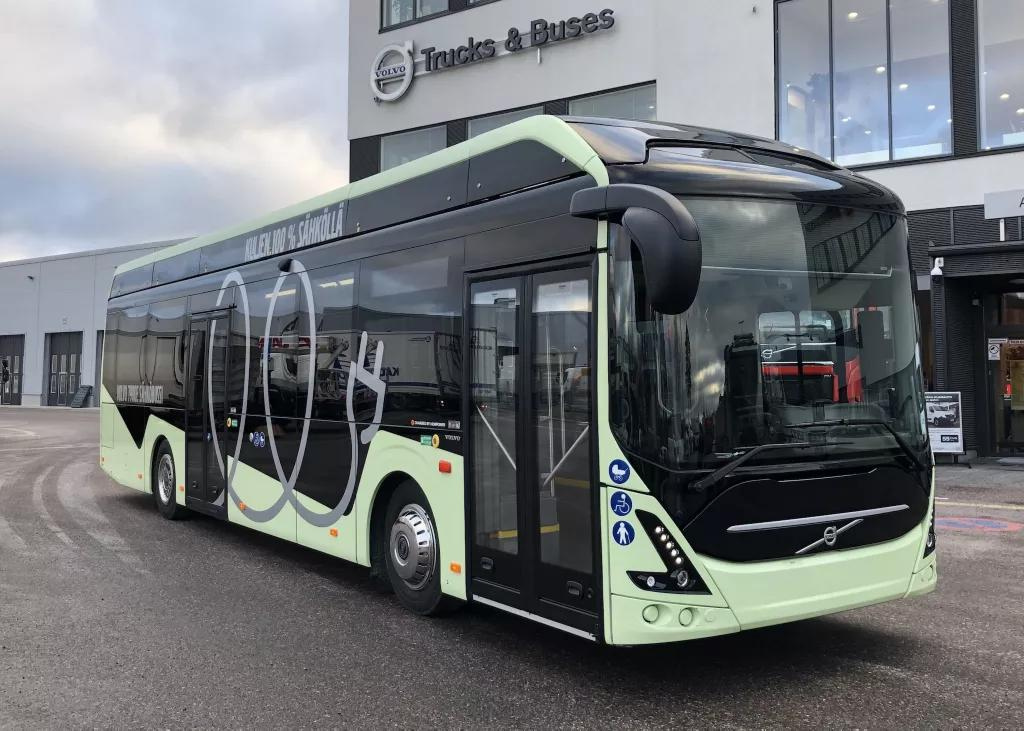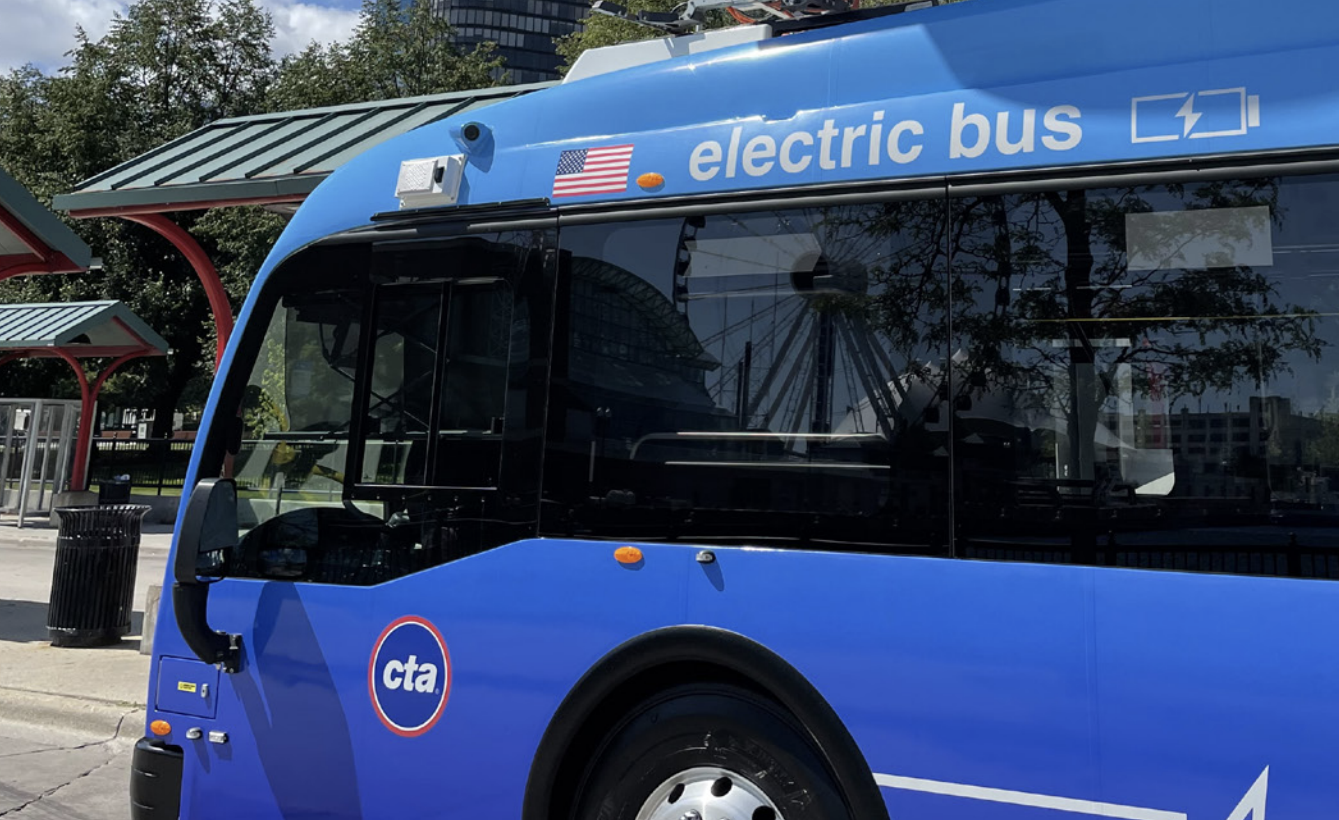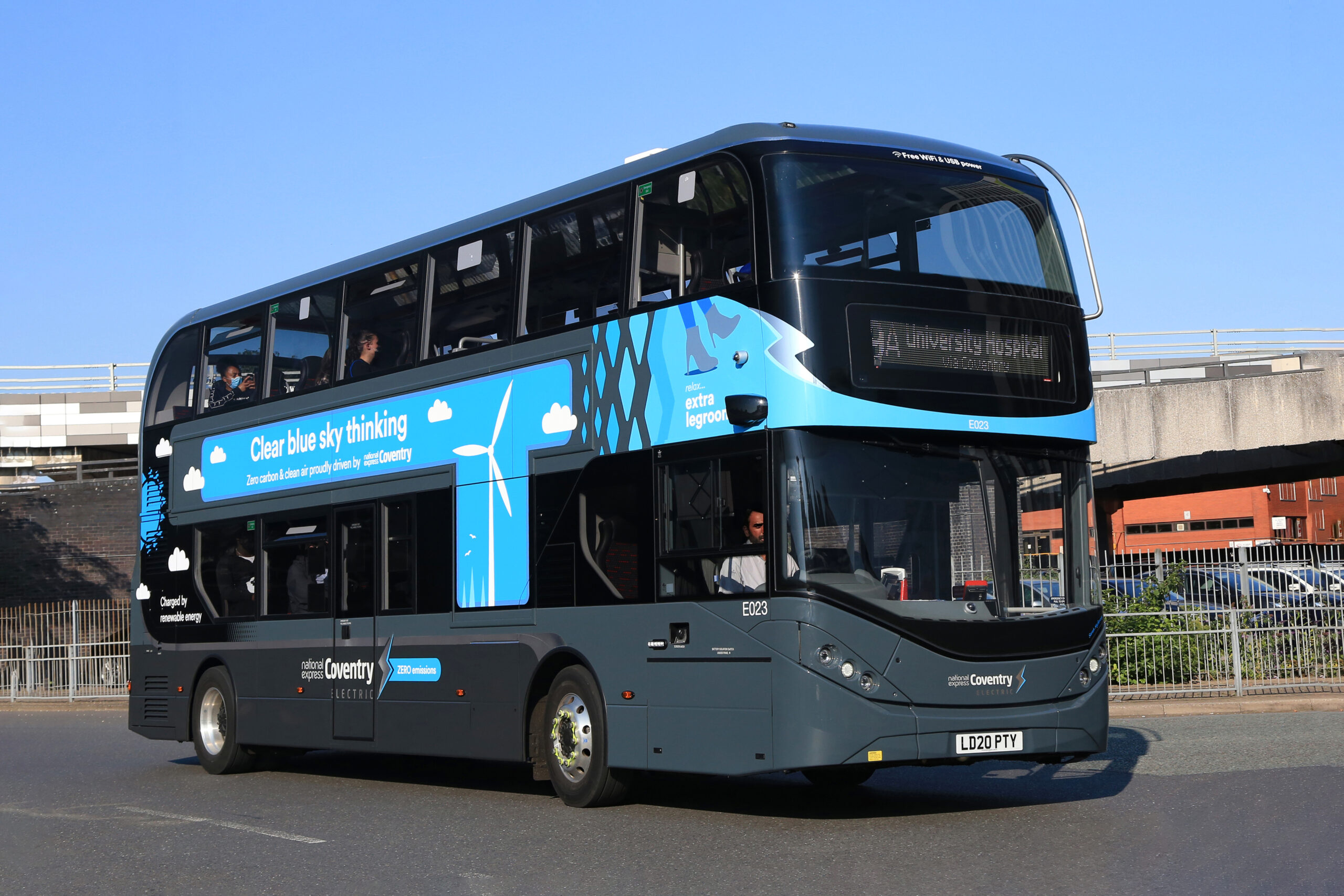We’re at a turning point in the road industry.
Consumers and manufacturers are more eco-aware than ever – and the UK government is under mounting pressure to make drastic changes to preserve the climate and reduce pollution.
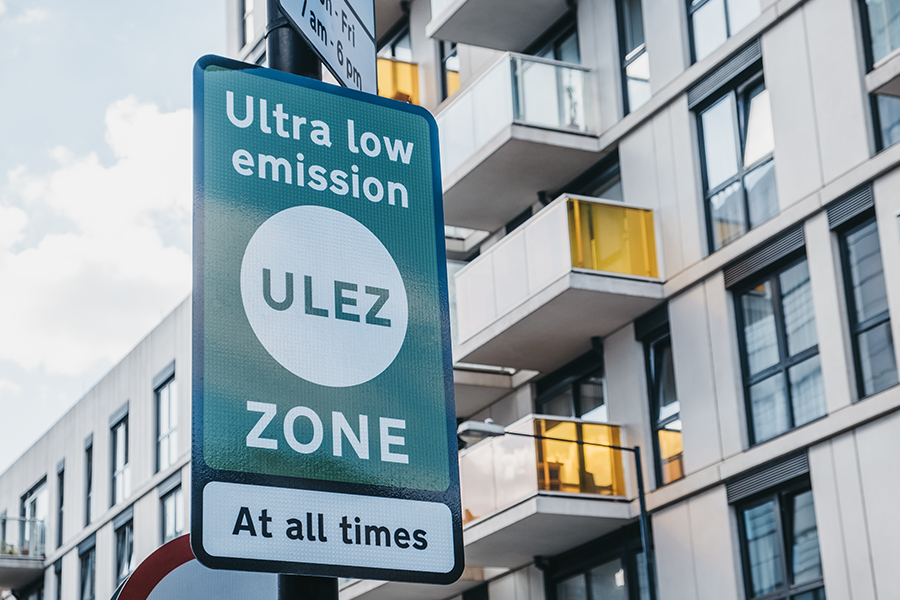
But despite these volatile times, road transport is still responsible for around 20% of the UK’s entire greenhouse gas emissions.
We’ve talked before about the historic progress we’ve made in the last 30 years – from the Euro 1 Standards up to the present day with Clean Air Zones and so on.
But today, we want to talk about the future – and the shape of road transport in the decades to come.
Here’s what you should expect from the next 20 years:
We’ll See Clean Air Zones Everywhere
Back in 2015, the Supreme Court ordered the UK government to take immediate action to cut air pollution.
In response to that ruling, the government made plans to introduce Clean Air Zones into dense cities across the UK – areas where polluting vehicles could be charged on a daily basis for bringing their emissions into an already toxic area.
Today, we’ve already seen Clean Air Zones in action in Bath, Birmingham, and Portsmouth – with plans for Bradford, Greater Manchester, and more in 2022.
But since that first court ruling in 2015, the UK government has continued to lose court cases around their pollution targets – and they’ve been forced to step up their game.
Since then, a massive 33 councils have been asked to draw up ‘feasability studies’ around introducing Clean Air Zones.
And if the pioneering zones in cities like London and Birmingham prove successful at tackling emission levels, that could pave the way for dozens (or even hundreds) of new Clean Air Zones popping up all over the UK in the next 20 years.
For fleet owners, that’s a bit of a worry.
With so many daily charges being levied across so many vehicles on almost every UK haulage route, the prevalence of Clean Air Zones could make running a haulage firm incredibly costly.
But in reality, it probably won’t be a problem. Because there are plenty of other big changes already underway.
Electric Vehicles Will Become the New Norm
We’re already seeing the rise of electric vehicles in the consumer market, with electric and hybrid vehicles surpassing a milestone of 2 million vehicles in 2019 – a market share of 2.5% of all new car sales.
According to forecasts from Deloitte, that market share is set to explode in the next 10 years – with electric and hybrid vehicles hitting a market share of 42% in Europe by 2030.
That’s an incredible level of growth in a short time, tying in neatly with Clean Air Zones. And if those forecasts are accurate, we could easily expect electric vehicles to be dominating the roads 20 years from now.
But when it comes to heavy-duty commercial vehicles, things are still uncertain.
With heavy loads requiring high power over long distances, the technology needed to support electric-vehicle haulage just isn’t there – and it could be some time before we see heavy-duty vehicles moving over to electric.
Back in 2017, Tesla unveiled the Tesla Semi, a battery-powered haulage truck that promises a range of up to 500 miles on a single charge.
It’s currently still in development, with plans to start production in 2022. But if Tesla’s first foray into the electric truck proves fruitful – and the rapid growth of electric cars is anything to go by – we could expect to see electric trucks becoming an everyday staple of the haulage industry in a couple of decades, or potentially sooner.
And in fact, that’s exactly what’s been promised.
Diesel and Petrol Could be Gone Forever
Earlier this year, the government announced plans to ban internal combustion engines on every new lorry that’s built after 2040 – as well as banning petrol and diesel cars by 2035.
It’s a bold move with a concrete deadline. And from an environmental perspective, it makes perfect sense.
But is it realistic?
We’re only just now starting to see leading companies like Tesla put their first electric lorries into production. We still don’t know how well they’ll fare with the largest freights and the longest distances – and we don’t know how quickly companies will be able (or willing) to replace their entire fleets.
But beyond the technology that’s powering the trucks, there’s a separate problem.
A country full of electric trucks needs an established infrastructure to support it – with enough charging points all over the country to make it possible to have electric haulage on a large enough scale.
It’s not a simple case of switching out every lorry. Instead, we’ll need heavy long-term investment to make the change feasible – and that would mean governments and private companies coming together in a concerted effort over the next 20 years to make it happen.
So What Does That Mean for Workshops Today?
If you’re running a workshop that’s thinking about its long-term future, you need to be prepared.
Changes are coming. And while some of them are closer than others, it’s safe to say we’re all on a path towards a more eco-friendly and socially responsible industry.
In the coming months and years, you should expect to see a growing demand for emission-related tests (like those involving Smoke Meters and Emissions Analysers) – and you’ll need to have the right people and training in place to help you serve the growing market of electric vehicles.
Like most big changes in any industry, it won’t be an overnight revolution.
But if you can get ahead now, you’ll be in the best position to ride the coming waves.
Sources:
Road transport responsible for 20% of UK’s GHG emissions – Office for National Statistics – 1990 to 2017
Current Clean Air Zones (Bath, etc.) and plans for 2022 (Bradford, etc.) – Gov.uk
Pollution court cases, etc. – BBC, 2019
Electric and hybrid hit 2 million, 2.5% – Deloitte
Government plans to ban combustion engines by 2040 – The Guardian
This article was originally published by Totalkare Ltd.

